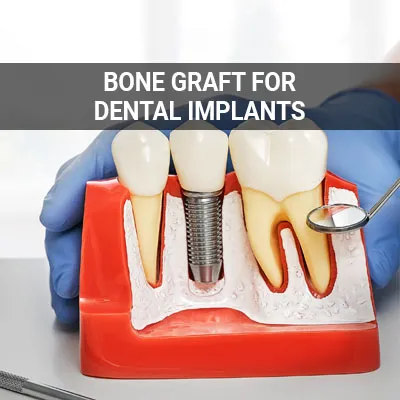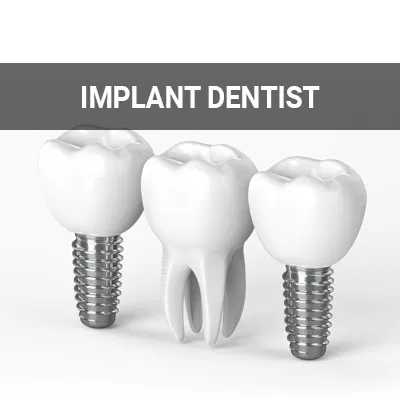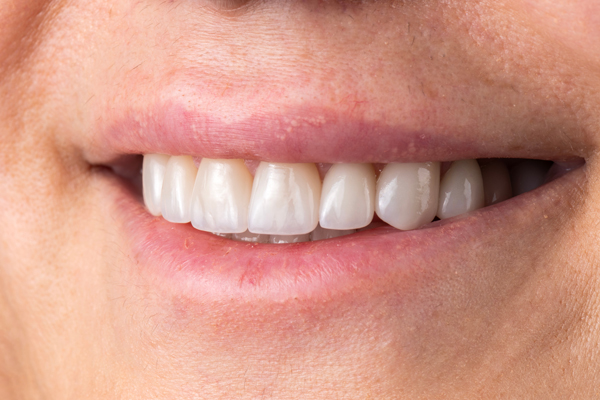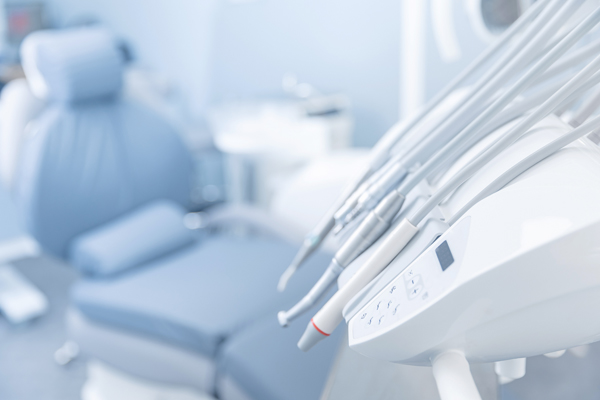Dental Implant Surgery Charlotte, NC
Dental implant surgery involves placing the dental implant into the jawbone to serve as the root of the replacement tooth. The surgical process helps provide long-term stability to the dental implant while providing a tooth replacement option most similar to a natural tooth.
We follow a fairly consistent process with the surgical placement, including helping each patient with preparation before the operation and follow-up care after. Randolph Dental Care is available to answer any questions and provide details on each step. Call us at (704) 366-3622 today to learn more about dental implant surgery and schedule a consultation.
Dental Implant Surgery Consultation
It is common for patients to experience varying levels of anxiety before dental implant surgery. Understanding more about the preparation, surgery, and aftercare can help put patients at ease. We can address any concerns or questions the patients have about the process at the initial consultation.
Our team will examine the patient's mouth and assess the patient's oral and physical health. We will take X-rays to determine the placement of the implant and if the jaw bone is ready to support it. You should tell us about any medications you are taking or conditions you have as they may affect the outcome of the surgery and healing.
“It is common for patients to experience varying levels of anxiety before dental implant surgery.”
Before Implant Placement Surgery
Tooth decay, gum disease, and injury to the mouth can lead to the loss of one or more teeth. However, tooth loss does not mean you cannot have a healthy mouth. The patient needs to have good oral health before surgery. We may recommend additional treatments such as bone grafting in preparation for dental implant surgery.
Each patient may have a different experience based on several factors. These include the number of teeth we are replacing, the type of implant, and the patient's overall oral health. We will advise the patient through each step of the process.
Bone grafting, in particular, is necessary when there is not enough healthy bone inside the jaw to support the implant. Other potential pre-surgery treatments may include gum disease treatment or dental fillings. Once the patient is ready for surgery, we will provide them with instructions to follow, especially for the night before. These instructions may include avoiding certain foods, fasting the night before, and getting a proper night of sleep.
“Each patient may have a different experience based on several factors. These include the number of teeth we are replacing, the type of implant, and the patient’s overall oral health.”
The Surgical Operation
The next process is to place the implants into the sites to begin the healing process. After placing the implants correctly, the dentist will end the surgery by closing the gum tissues. They usually use self-absorbing stitches that do not need removal.
The jawbone will need to heal (a process known as osseointegration) before the dentist places the abutment (the part that screws over the implants). Afterward, the final restoration will be attached on top to complete the implant restoration process. The entire treatment could take several months depending on the rate at which the jaw heals, so patience is necessary throughout.
“The jawbone will need to heal (a process known as osseointegration) before the dentist places the abutment (the part that screws over the implants).”
Check out what others are saying about our dental services on Yelp: Dental Implant Surgery in Charlotte, NC
Post-Surgery Care and Check-Ups
Minor swelling, soreness, and bleeding of the gums are common symptoms following dental implant surgery. Fortunately, there are certain post-surgery home care techniques the patient can implement to make the recovery process as effortless as possible. Additionally, patients are encouraged to avoid foods that may irritate the implant site. These foods can include those that are hard to chew, are either very hot or cold or contain a high level of sugar. Also, it is best to drink water rather than soft drinks, tea, coffee, and other dark beverages that contain sugar. We may also require one or more check-up visits to ensure that the implant surgery is a success and complications do not develop.
“Fortunately, there are certain post-surgery home care techniques the patient can implement to make the recovery process as effortless as possible.”
Questions Answered on This Page
Q. What happens during the initial consultation?
Q. How should someone prepare for dental implant surgery?
Q. What should a patient do after dental implant surgery?
Q. What happens during the implant placement surgery?
Q. What are the risks of dental implant surgery?
People Also Ask
Q. How can I prepare for my first implant procedure?
Q. What is the importance of follow-up appointments after implant treatment?
Q. How many follow-up appointments will you need post-op?
Q. What factors enable a patient to receive dental implants?
Risks of Dental Implant Surgery
Like any surgery, dental implant surgery has its risks. Complications are rare and are often minor and easily treated. Regardless, the risks include infection around the surgery site, injury or damages to the lips, gums, or teeth, and sinus problems. During the initial consultation, the dentist will discuss these risks and address the patient's concerns. We will do everything in our power to keep patients as safe as possible during the operation.
“Complications are rare and are often minor and easily treated.”
Frequently Asked Questions
Q. What can I use for pain management after dental implant surgery?
A. The dentist will likely recommend Tylenol® or non-steroidal anti-inflammatories such as Advil®, Motrin®, or Aleve® to alleviate pain. You need to use any prescribed medication according to the dentist's instructions. Ensure you eat or drink something before taking any pain meds, so you do not feel nauseated.
Q. What can I eat after the surgery?
A. It is advisable to stick to soft and easy-to-chew foods. Good examples include yogurt, ice cream, smoothies, steam vegetables, and warm soup. Ensure you avoid tough or sharp-edge foods such as steak, tortilla chips, and pretzels.
Q. How long before I get back to normal after my dental implant surgery?
A. Most patients get back to normal within a week after the implant surgery. The first few days may be slightly uncomfortable, but your condition will improve over time. Follow aftercare instructions to ensure a smooth recovery.
Q. Can I get a new tooth immediately?
A. The dentist will be able to provide an estimate of the treatment timeline after the initial evaluation. The dentist may provide qualifying patients with a temporary dental prosthesis to wear during the osseointegration process. However, the dentist will only place permanent dental restoration after the bone heals fully.
Dental Implant Terminology
Call Us Today
Get in touch with our team today at 704-366-3622. We respond to all who are interested in our services promptly. On your first visit, we will answer your questions, provide information about the process, and help you make an informed decision about dental implant surgery.
Helpful Related Links
- American Dental Association (ADA). Glossary of Dental Clinical Terms. 2024
- American Academy of Cosmetic Dentistry® (AACD). Home Page. 2024
- WebMD. WebMD’s Oral Care Guide. 2024
About our business and website security
- Randolph Dental Care was established in 2016.
- We accept the following payment methods: American Express, Cash, Check, Discover, MasterCard, and Visa
- We serve patients from the following counties: Mecklenburg County
- We serve patients from the following cities: Charlotte, Matthews, Huntersville, Fort Mill, and Pineville Mint Hill
- Norton Safe Web. View Details
- Trend Micro Site Safety Center. View Details
Back to top of Dental Implant Surgery











